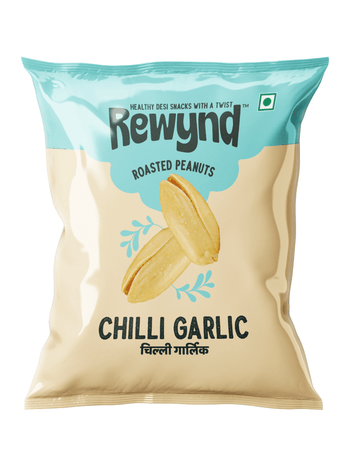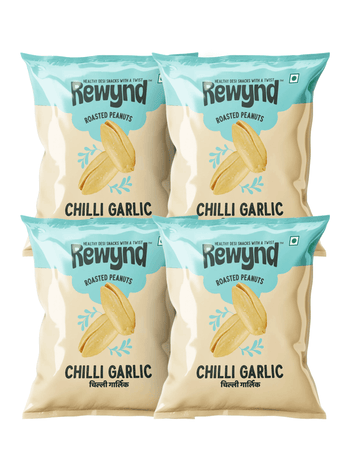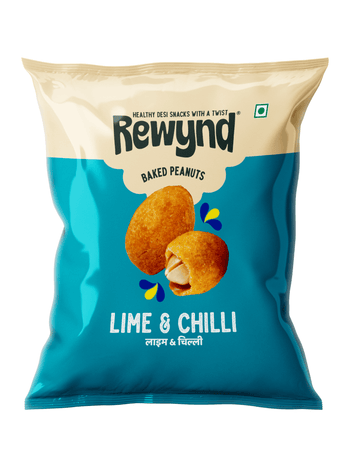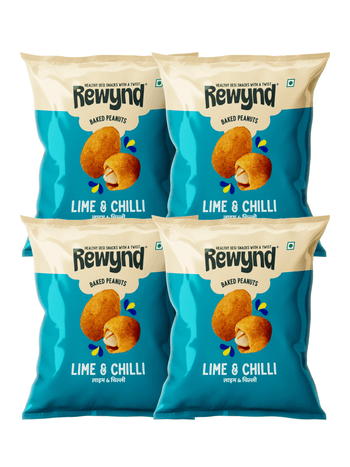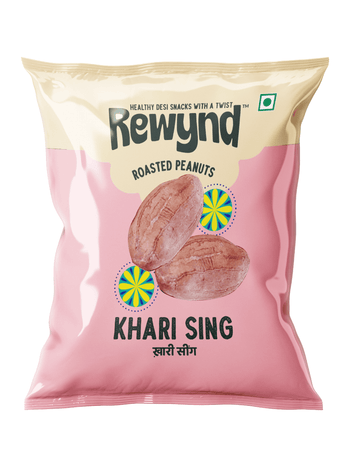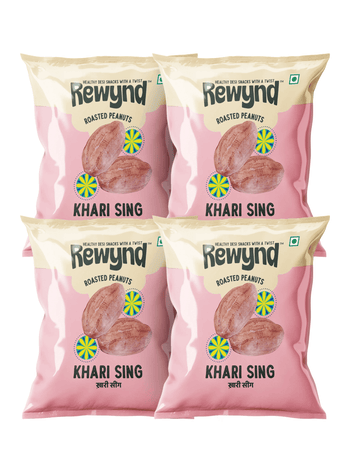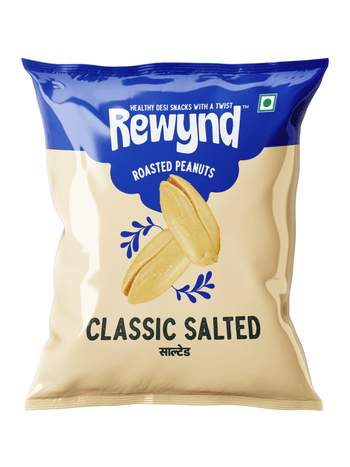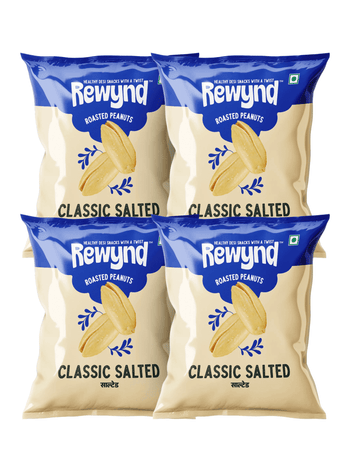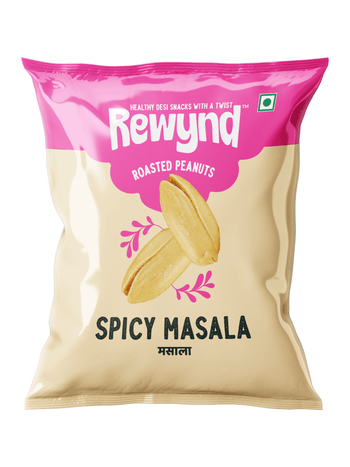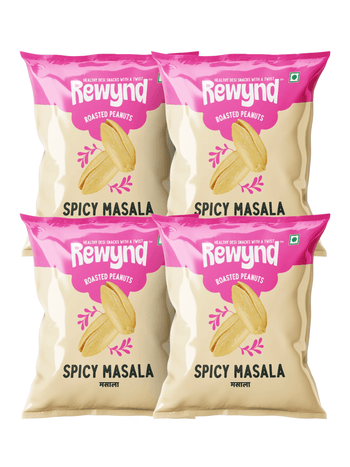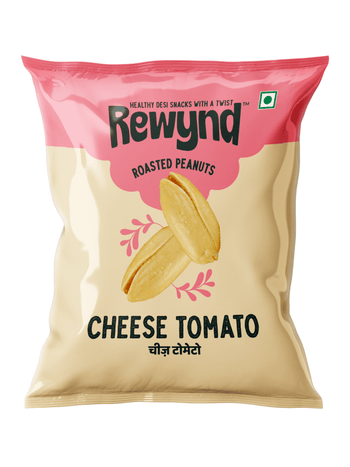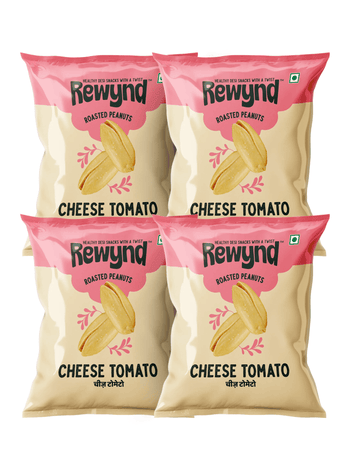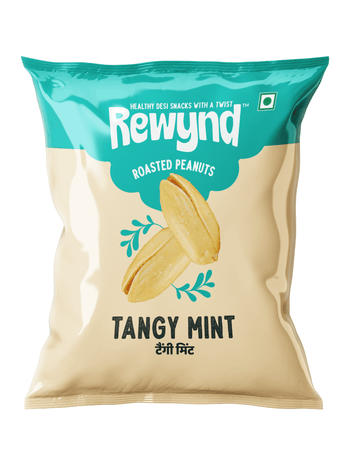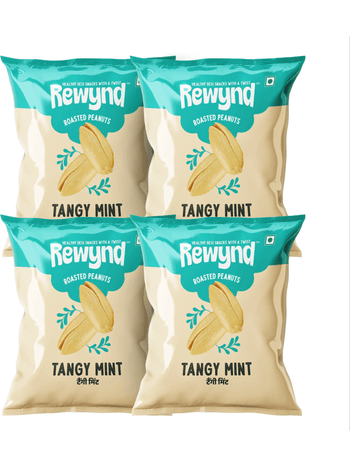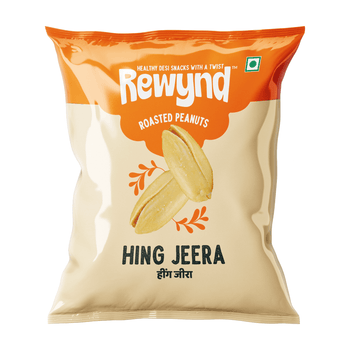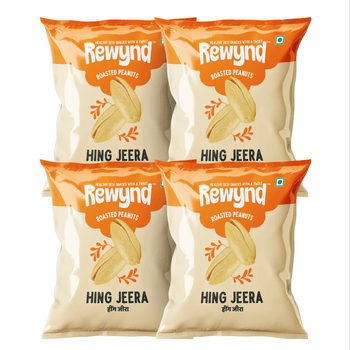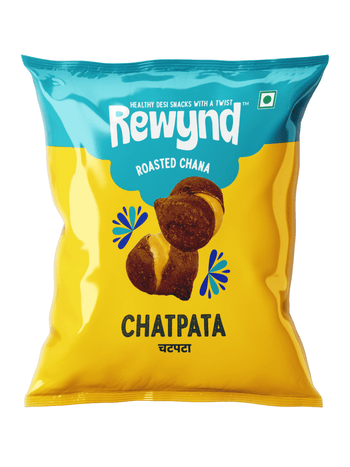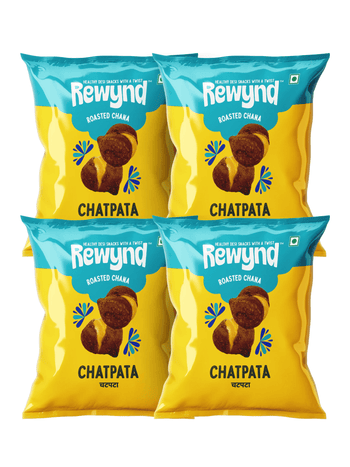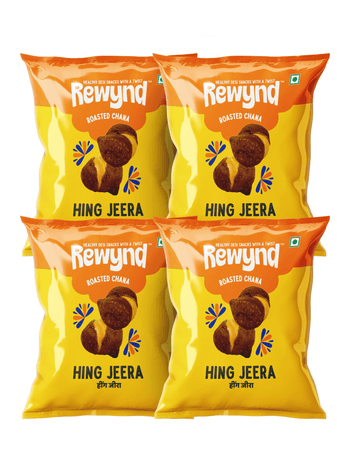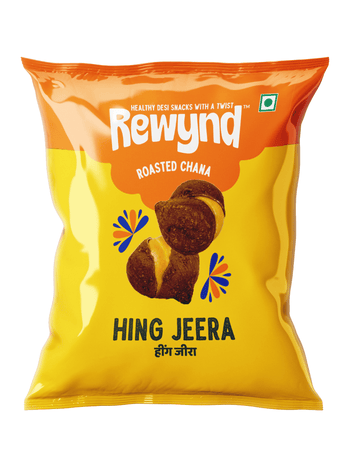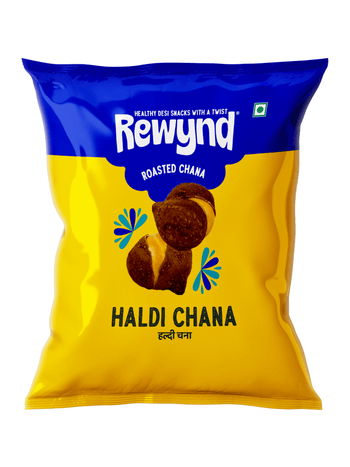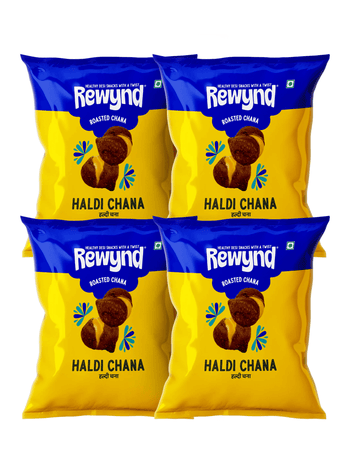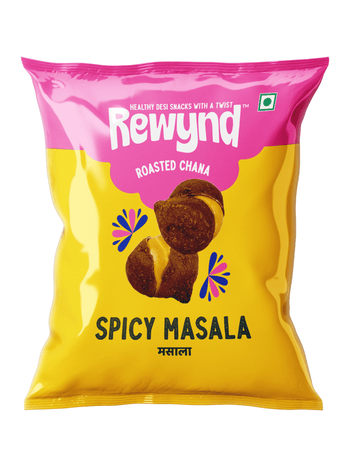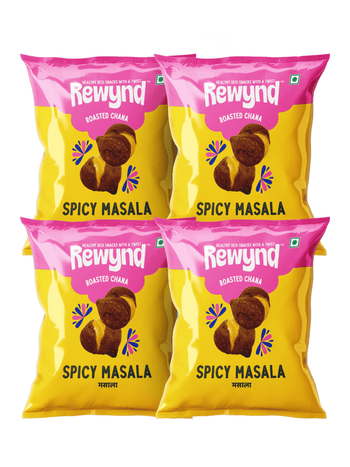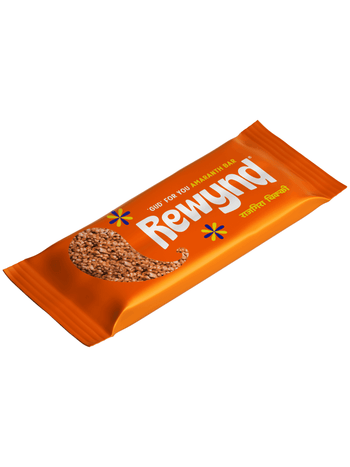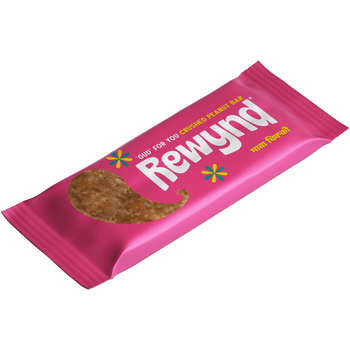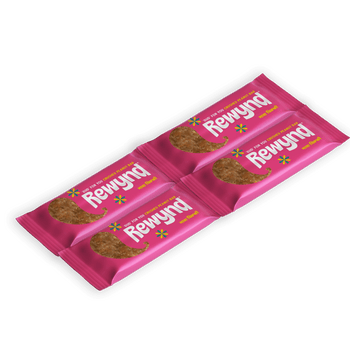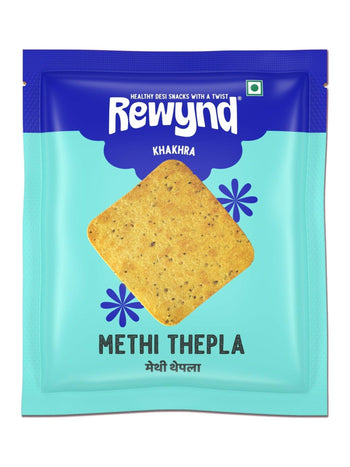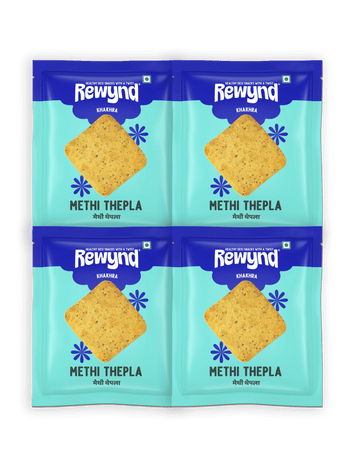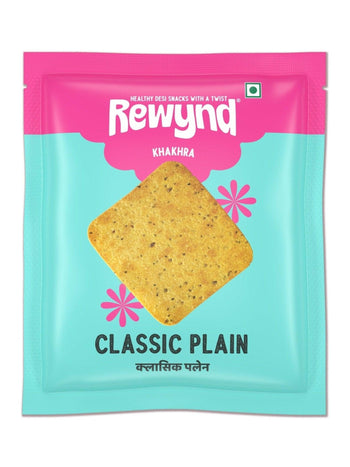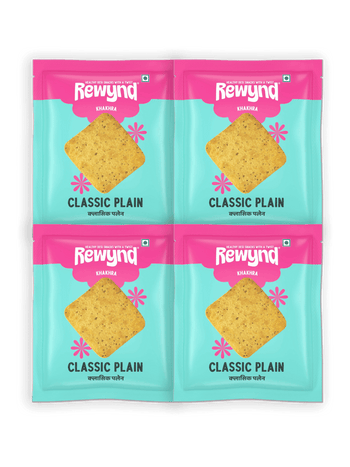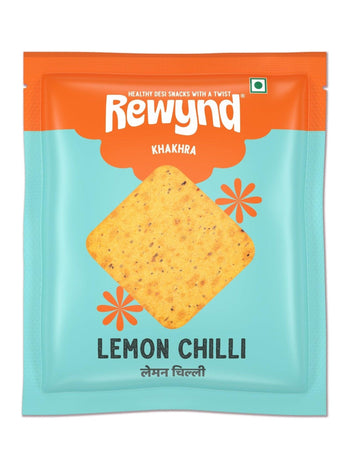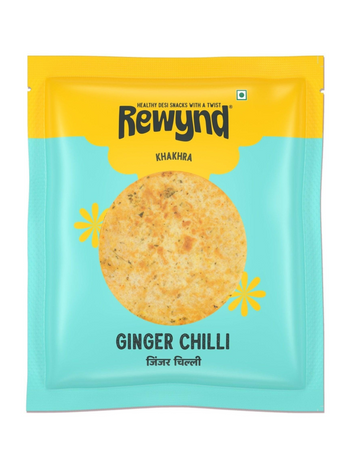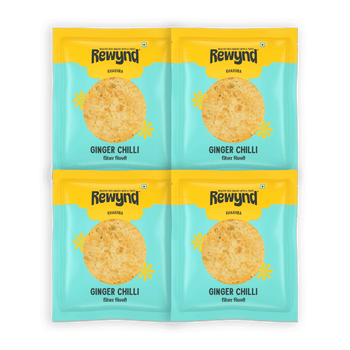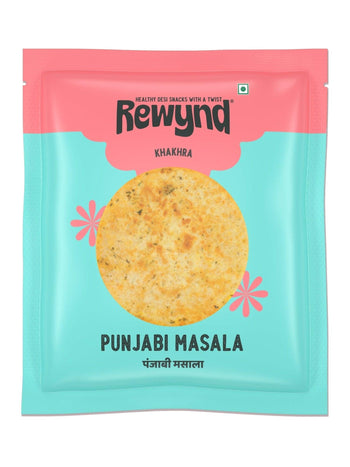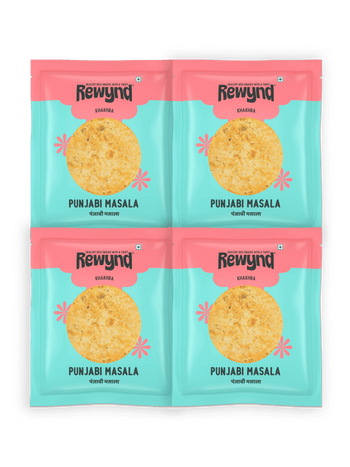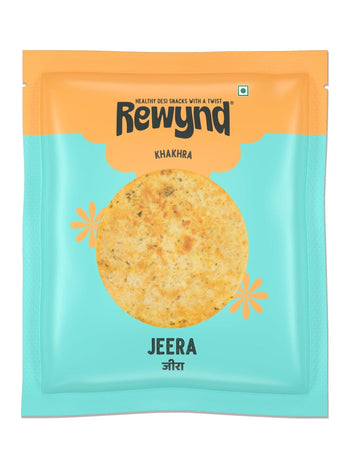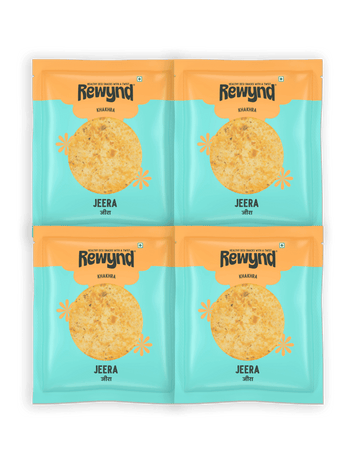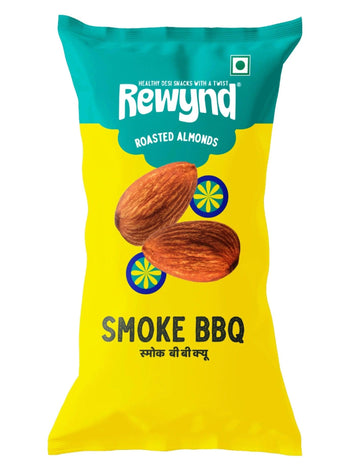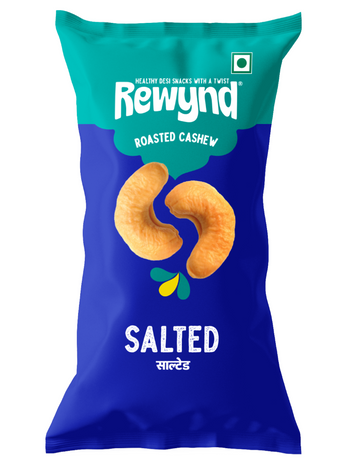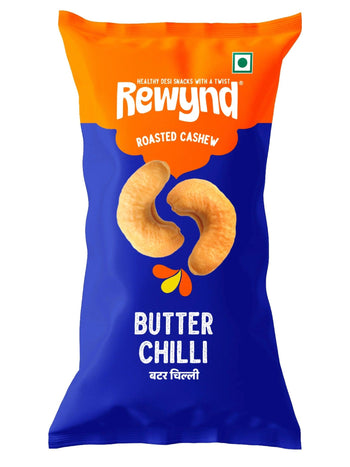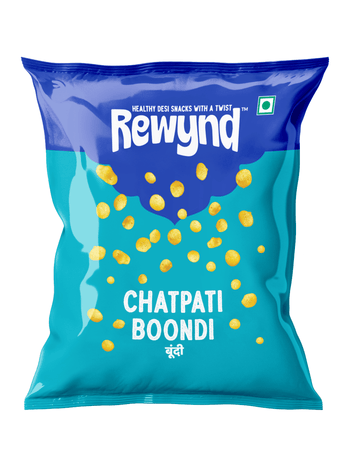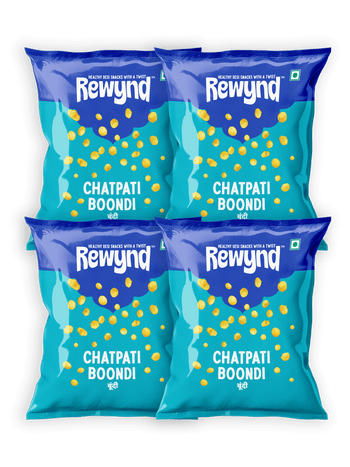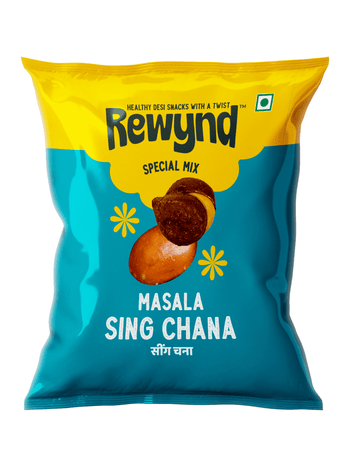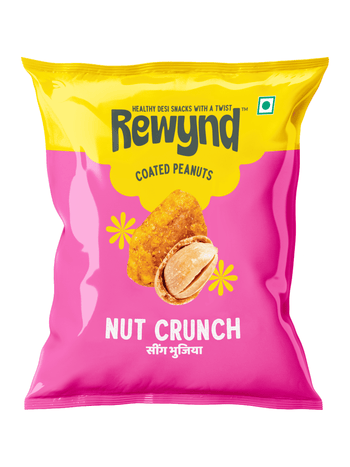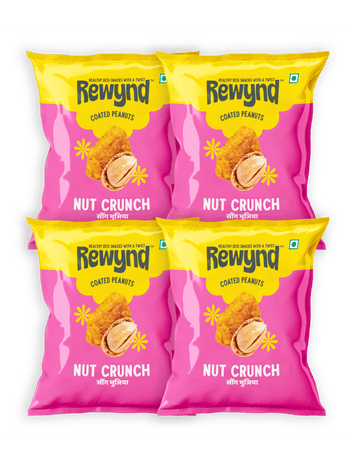Carbohydrates, often simplified as just carbs, are a cornerstone of any diet but frequently get a bad rap due to common misconceptions. They play a pivotal role in human nutrition by being the primary energy source for our body's cells. Distinguishing between 'good' and 'bad' carbohydrates and understanding their effects can significantly impact your health and well-being. This article aims to demystify carbohydrates, helping you to make informed choices that promote health rather than hinder it.
Understanding Carbohydrates
Carbohydrates, proteins, and fats are three macronutrients essential to human life. They are composed of carbon, hydrogen, and oxygen and are the body's most direct form of fuel. Structurally, carbohydrates range from simple chemical structures quickly absorbed by the body to more complex molecules that provide sustained energy.
- Sugars: Simple carbohydrates or simple sugars include glucose, fructose, and sucrose. Found naturally in fruits, vegetables, and dairy, these sugars are commonly added to foods to enhance flavour.
- Starches: They are complex carbohydrates in beans, whole grains, and vegetables like potatoes and corn. They are made up of many sugar units bonded together. They are digested more slowly than simple sugars, providing a more steady energy supply.
- Fibre: Also a complex carbohydrate, fibre cannot be digested by humans. While it doesn't provide energy directly, it supports digestive health, helps regulate blood sugar levels, and keeps you feeling full longer.
Good Carbohydrates vs. Bad Carbohydrates
Characteristics of Good Carbohydrates
- Rich in Fibre: High-fibre foods slow down digestion, promoting a gradual increase in blood sugar.
- Nutrient Density: These carbs contain essential nutrients like vitamins, minerals, and antioxidants.
- Natural and Whole: Found in either whole or minimally processed foods.
Characteristics of Bad Carbohydrates
- Refined and Processed: Processing strips away beneficial nutrients such as fibre and minerals.
- High in Added Sugars and Low in Nutrients: Often packed with calories but without nutrition.
- Quick Digestion: This leads to rapid blood sugar and insulin spikes, negatively affecting your health.
Health Implications

Impact of Good Carbohydrates on Health
- Sustained Energy and Improved Metabolism: Good carbohydrates provide a slow and steady energy source, helping maintain consistent blood sugar levels and reducing the risk of insulin resistance and diabetes.
- Heart Health: The fibre in good carbs helps reduce cholesterol levels, decreasing the risk of heart disease.
- Digestive Health: Fibre promotes regular bowel movements and helps prevent gastrointestinal issues such as constipation and diverticulitis.
Impact of Bad Carbohydrates on Health
- Weight Gain and Obesity: High-calorie, nutrient-poor carbs can contribute to excessive weight gain and obesity.
- Metabolic Syndrome and Diabetes: Frequent spikes in blood sugar can lead to insulin resistance, a precursor to type 2 diabetes and metabolic syndrome.
- Mood Swings and Energy Crashes: The quick rise and fall of blood sugar levels can also impact mood, leading to irritability and fatigue.
Identifying Sources
Examples of Good Carbohydrate Sources
- Whole Grains: Opt for quinoa, barley, farro, and whole wheat. These grains are intact or in pieces but not ground into flour.
- Fruits and Vegetables: Emphasise fibrous, less sweet options like berries, apples with the skin on, carrots, and leafy greens.
- Legumes: Beans, lentils, and other legumes are excellent sources of protein and fibre, making them stellar examples of good carbs.
Examples of Bad Carbohydrate Sources
- Sugary Beverages: Soda, sports drinks, and fruit-flavoured drinks are significant sources of added sugars and are among the worst carb sources.
- White Bread and Pasta: These are made from refined flour, which has been stripped of its fibre and nutrients.
- Pastries and Sweets: Cookies, cakes, and other desserts are high in sugar and fats but low in beneficial nutrients.
Making Healthier Choices
Focus on whole foods to integrate more beneficial carbs into your diet. Use whole wheat bread instead of white, snack on fruits instead of candy, and swap out white rice for brown or wild rice. Read labels carefully to avoid foods with added sugars, such as high-fructose corn syrup.
Understanding the difference between good and bad carbohydrates is crucial for maintaining a balanced diet and a healthy lifestyle. By choosing carbohydrates that are nutrient-dense and high in fibre, you can enhance your overall health, stabilise your energy levels, and protect against chronic diseases. Embrace the complexity of carbohydrates—they are not the enemy but an essential ally in your wellness journey.



